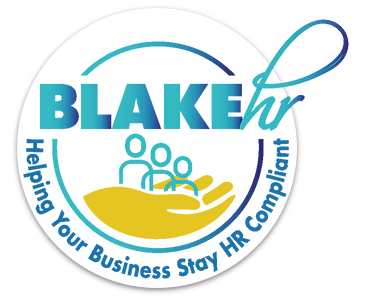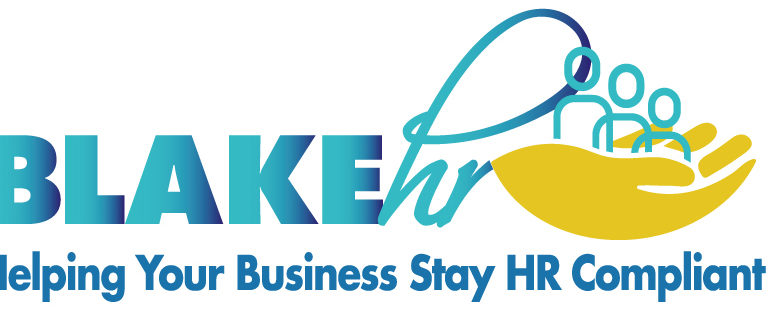What’s the risk of promoting ‘accidental managers’ and what’s the solution?
The Chartered Management Institute claim that 82% of UK managers are ‘accidental managers’, having received little-to-no formal management training.
As you and I know, managing people is a complex task. There isn’t an instruction manual and there is no one-size fits all approach.
Yet, we still expect our managers, who are often promoted through tenure and technical competence, to learn on the job and develop their skills by practising, in real-time, on our people – our greatest asset.
It’s great that people get to learn by doing but getting it wrong can have dire consequences for your business, the bottom-line and your competitive advantage.
Here’s what you risk:
Employee retention
2 in 5 leavers cite their reason for exit as having a bad manager. And this is conservative, because other reputable studies have identified that up to 43% of workers have left a job because of their manager.

There is HUGE cost involved with this.
Losing your talent can have a detrimental impact on your business, firstly there is the time and cost of replacing them, if the skills you need are scarce then this could really impact your ability to trade.
Then there is a period of upskilling and onboarding, and who’s largely responsible for this – yep, it’s the manager.
You’ll also want to consider the loss of knowledge and, assuming that your workers are knowledge workers, most of what they know is either acquired tacitly or lives in their head.
Lastly, when your talent leaves you, who do they go and work for? That’s right, your competition!
Employee engagement and productivity
A 2021 Gallup report stated that managers account for at least 70% of the variance in employee engagement scores and that great managers engender loyalty in your people.
A recent survey by the CMI and YouGov found that organisations investing in management and leadership development programmes benefitted from a 23% increase in organisational performance and a 32% increase in employee engagement and productivity.
Employment tribunal
And all of that is before you even consider employment law! A poorly educated manager can land themselves (and your business) in all sorts of hot water with a badly handled recruitment process, or mistakes in a dismissal – it’s a minefield.
And then it’s not just legal fees you could be budgeting for, but brand damage to boot.
What’s the solution to this? You guessed it…Management training
Mind the (skills) gap…
Donald Rumsfeld is known for simplifying unknown unknowns, and management training is one way to ensure that your managers get to know what they don’t know… yet.
By providing a clear program of key management skills, your managers will be able to reflect on their own capabilities, benchmark themselves and ensure they are continuously learning, as well as becoming aware of their own weaknesses, limitations and development needs.
Management training can also be a great way of recognising the excellent management competency your managers already have, through formal acknowledgement and accreditation.
A toolbox of skills
The facets of management training are varied, like tools in the toolbox. It’s rare that anyone will need to use all of the tools all of the time, but being able to dip in and take what you need, when you need it, is the best way to equip your managers for all eventualities, whether you are upskilling on recruitment practises, engagement and performance methods or employment law.
Engagement
When you bring together a cohort of managers for training, this is really where some magic happens.
Your managers will learn by applying shared, real-life experiences, so you’ll be working on real business problems in real-time.
Learners share the same language, which forms a kind of shorthand to shared knowledge, which lends itself to collaboration and speeds up the problem-solving process.
There is also a special bond formed across your management team, as they get to know one another through the shared experience of learning.
Takeaway
Invest in your management training program and your financial results will benefit from well informed managers who are equipped to retain, train and drive the performance of your team.
Talk to us about management training



Here are three questions for you:
- Do you currently have an HR consultant?
- On a scale of 1 to 10, how happy are you with them?
- If the answer isn’t “I’m so delighted I could print 1,000 flyers to spread the word about them”, let’s jump on a call: 07422 727229.


































